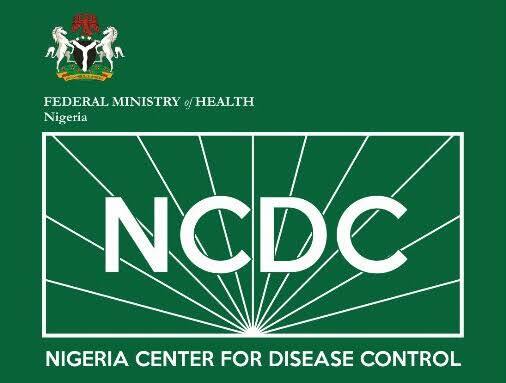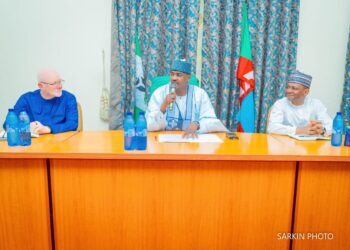NCDC Director-General, Dr Jide Idris, disclosed this in an interview with the News Agency of Nigeria (NAN) on Sunday in Abuja.
Idris stated that the patient, who was diagnosed in Ondo State, unfortunately succumbed to the disease before the test results confirming the infection were available.
Idris raised an alert on the situation, stressing the need for heightened surveillance and precautionary measures.
He emphasised that the latest case highlighted the persistent threat of Lassa fever in Nigeria and the potential for international transmission.
According to the NCDC’s latest epidemiological report, Nigeria has recorded 2,728 suspected cases and 535 confirmed cases of Lassa fever in 2025, with 98 deaths across 14 states.
“The current case fatality rate stands at 18.3 per cent, indicating the severity of the disease.
“Five states, Ondo 31 per cent, Bauchi 24 per cent, Edo 17 per cent, Taraba 16 per cent, and Ebonyi 3 per cent account for 91 per cent of all confirmed cases.
“The most affected local government areas include Owo, Akure South, Etsako West, Kirfi, Akoko South-West, Bali, Esan North-East, Bauchi, Toro, and Jalingo.”
He said that the confirmed case involved the Nigerian physician, who travelled to the UK on Feb. 19, 2025, and returned on Feb. 27, 2025.
“He was admitted to a private health facility in Ondo State with symptoms suggestive of Lassa fever.
“Samples were taken on Feb. 28, 2025, but the patient passed away on March 1, 2025, before test results were confirmed.
“The NCDC confirmed the diagnosis of Lassa fever on March 4, 2025.
“Investigation revealed that the deceased had visited his fiancée in Edo State before his UK trip and had also met with family and friends.
“Contact tracing efforts have since been launched in both Nigeria and the UK to curb further spread of the disease.”
In response to the case, the NCDC, in collaboration with the Ondo State Ministry of Health, had intensified contact tracing, surveillance, and infection control measures.
“The agency is identifying and monitoring all potential contacts of the deceased, including family members, healthcare workers, and co-passengers on flights.
“Port Health Services are also enhancing surveillance at entry points, particularly airports, while collaboration with UK health authorities ensures cross-border tracking of potential exposures.”
Idris reiterated public health guidelines to prevent further outbreaks, urging Nigerians to maintain proper hygiene, control rodent populations, and seek early medical intervention for suspected cases.
He emphasised that Lassa fever is a viral hemorrhagic disease primarily spread through contact with food or household items contaminated by the urine, feces, or saliva of infected rodents.
“Human-to-human transmission can also occur, particularly in healthcare settings with inadequate infection prevention and control measures.
“The NCDC continues to monitor disease patterns and deploy rapid response teams to affected areas, with specialised treatment centres providing care for severe cases.
“Public awareness campaigns are ongoing, educating communities on rodent control, food safety, and early symptom reporting.
“In spite of these efforts, Lassa fever remains a significant public health challenge, with high mortality rates and the potential for international spread, as demonstrated by this recent case.” (NAN)









